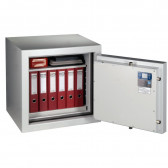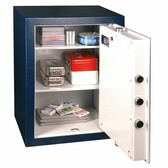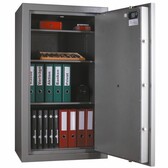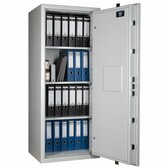The situation caused by the coronavirus pandemic was not expected by anyone just a few months ago. Significant reductions in interest rates, the collapse of share prices on world stock exchanges, the financial catastrophe on the oil market or the announcement of a global recession have become a fact. And it does not matter how much money the governments of individual countries allocate to financial aid. So how to cope in these uncertain times?
Many questions arise. One of them is how to safeguard one's savings against the pending economic impact of a pandemic. Should you buy shares, gold and other bullion, foreign currencies, real estate, or should you give up buying altogether, accumulating cash reserves?
It is difficult to make rational decisions in view of the dynamically fluctuating valuation of investment funds, changing foreign exchange rates or falling commodity prices. Stock prices are also extremely volatile. Of course, in the latter case it would seem logical to buy shares on a large scale, but the problem is that we cannot predict how long the crisis will last. As a result, it may turn out that bailing out companies with funds from central banks, instead of triggering economic growth, will only cause inflation, and companies will not regain their former value for a long time. We also do not know how many companies or industries will not survive. Is it therefore worth buying shares with the prospect of holding them for several or even more than a dozen years? Everyone must answer this question for themselves.
Diversifying savings
It can also be risky to invest your money in things that fluctuate wildly in value or that are difficult to monetise if needed. So the purchase of gold, foreign currencies, numismatic items, antiques, works of art, cryptocurrencies and even real estate needs to be well thought out. Of course, this does not mean that you have to completely abandon such purchases. Portfolio diversification is one of the most important investment principles. In a long-term savings portfolio, bullions or real estate are worth having, but they are not an antidote to the crisis, so they should not constitute the entirety of our savings. Thus, analysing the current situation, it seems that the best option is to wait until the market stabilises a little and finds a state of equilibrium.
Liquidity – the most important element of financial security
The recipe for surviving uncertain times can therefore be liquidity. For this to be possible, you need to have cash, even if you lose some of it due to inflation. Of course you can keep your money in a safe deposit box or in a bank account. However, it is worth taking into account the fact that more and more often moves of banking institutions make keeping money in savings accounts unprofitable. We are talking about lowered interest rates on savings accounts, and also about introduced fees for running a savings account.
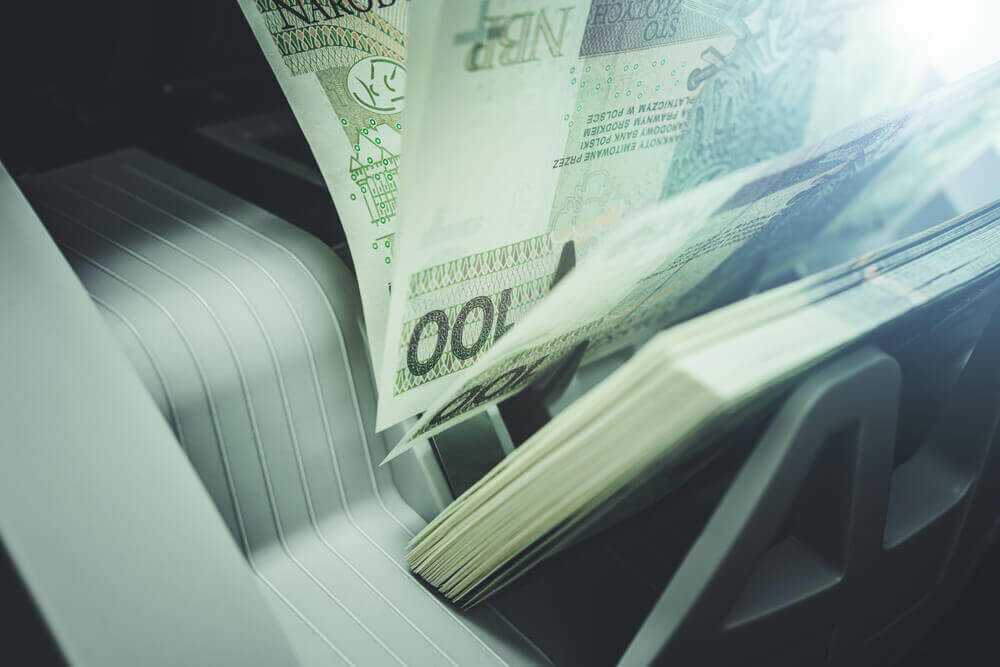
Anti-inflationary bonds
An interesting solution may be the purchase of anti-inflationary State Treasury bonds. Although these bonds will not guarantee profits, they are a fairly safe financial instrument. All because their interest rate is dependent on inflation. In addition, Treasury bonds are available to everyone, easy to use and cost-free. They protect against both inflation and price deflation. However, in the case of high inflation you have to reckon with the need to pay the so-called Belka's tax.
Safe keeping of savings
Cash, gold, works of art as well as documents can be stored in banks or, if we consider it appropriate, even at home. In the latter case we have to protect them against theft or destruction. If we choose this option, it is advisable to place them in a safe from a reliable source, such as the offer of Hartmann Tresore. It is, of course, a good solution to store savings in several places, at least one of which should always be at hand.
Read also: Problems in the financial sector – why not keep all your cash in the bank?
Financial security
There is no doubt that in difficult times investors opt for safer solutions, even if they will be less profitable. In times of rapid economic changes, it is therefore crucial to properly assess risks, diversify assets and maintain liquidity. Deposits and bonds will ensure a small but relatively safe profit and will provide a financial cushion.
Summary
Investments in the stock market will allow you to gain a lot, but they are burdened with considerable risk, so it is worth spending only your surpluses on them. Precious metals are best bought when the economic situation is stable and cashed in during a crisis. A multi-currency portfolio, on the other hand, will be perfect as an additional hedge. Diversified savings stored both in financial institutions and in solid safes at home will allow you to remain independent in uncertain times. And a sense of security is worth its weight in gold at the moment!

